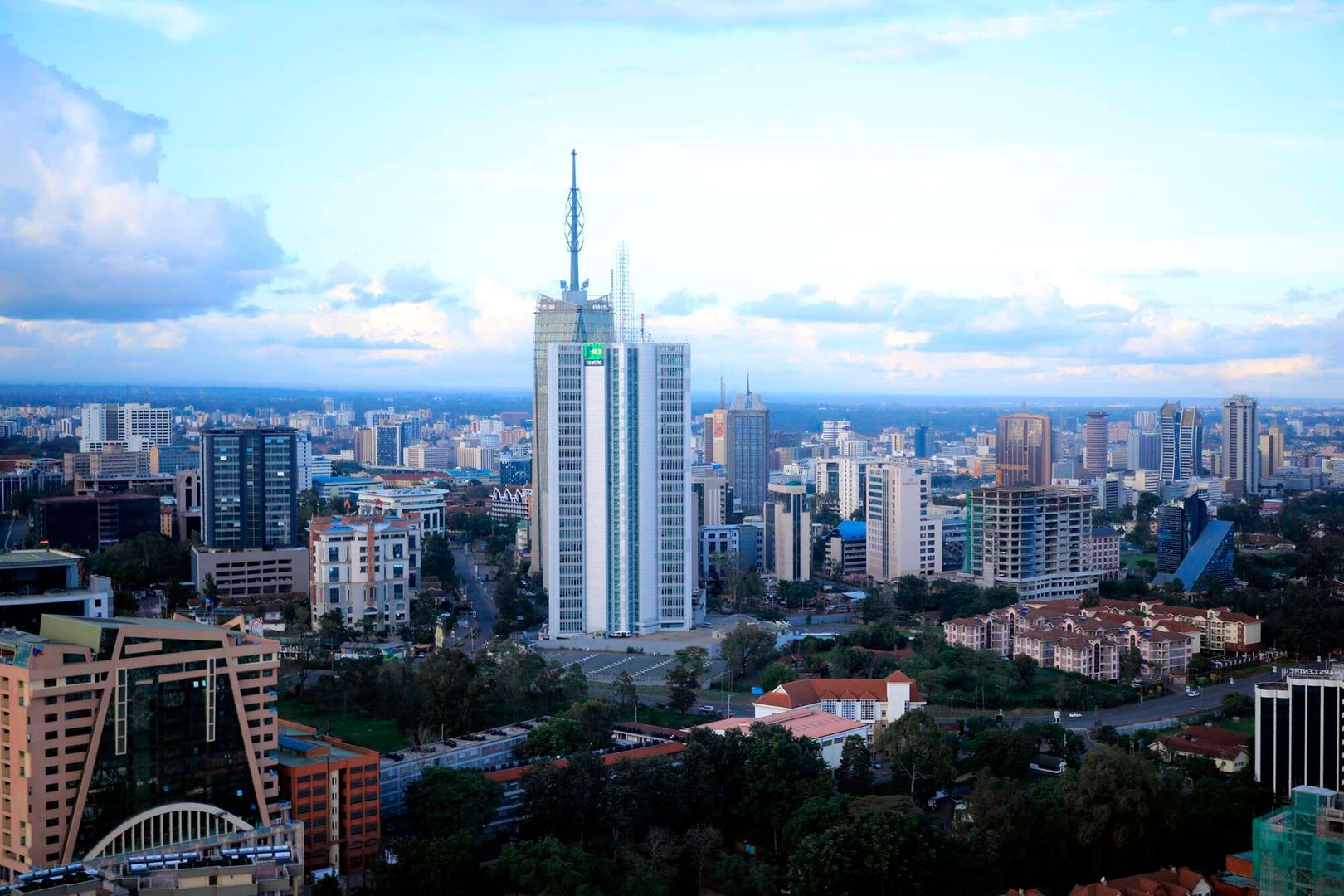Nairobi ranked Africa’s third-most polluted major city

The report, released Tuesday, places Nairobi 83rd globally with an Air Quality Index (AQI) of 92
Nairobi has been ranked the third-most polluted major city in Africa, according to new data from Swiss air quality monitor IQAir, raising fresh concerns about the health and environmental impact of urban pollution.
The report, released Tuesday, places Nairobi 83rd globally with an Air Quality Index (AQI) of 92. That figure falls in the “moderate” category but is nearly double the safe annual exposure level recommended by the World Health Organization (WHO).
For context, WHO’s guideline for PM2.5 the fine particulate matter that dominates Nairobi’s air is 5 micrograms per cubic meter, while the city recorded an average of 14.7 in 2020.
IQAir’s classification scale ranks 0-50 AQI as “good,” 51-100 as “moderate,” 101-150 as “unhealthy for sensitive groups,” and anything above 151 as increasingly harmful. Kinshasa tops Africa’s pollution chart at an AQI of 199, followed by Cairo, while Kampala and Nairobi round out the top four.
Johannesburg is rated the cleanest big city in Africa with an AQI of 62. Globally, Baghdad is ranked the worst at 256, while cities like Sydney (7), Auckland (11), and Washington D.C. (15) enjoy some of the cleanest air.
Health experts warn that even Nairobi’s “moderate” air quality poses long-term risks. Fine particles such as PM2.5 can penetrate deep into the lungs and enter the bloodstream, damaging vital organs including the liver, kidneys, and reproductive system.
Prolonged exposure has been linked to rising cases of asthma, heart disease, lung and throat cancers, miscarriages, and birth defects.
The main sources of Nairobi’s dirty air include exhaust fumes from thousands of aging vehicles, factory and industrial emissions, dust from construction and road repairs, and the open burning of waste.
IQAir also highlights particulate hotspots across the city, with Dandora Phase 4 recording an AQI of 112 and Kariobangi North Health Center at 90.
With the capital already grappling with traffic congestion, unregulated urban expansion, and poor waste management, experts say the growing pollution problem should be treated as a public health crisis.
They are urging stronger regulations on vehicle emissions, stricter enforcement of waste disposal laws, and expanded green zones to improve urban air quality.
